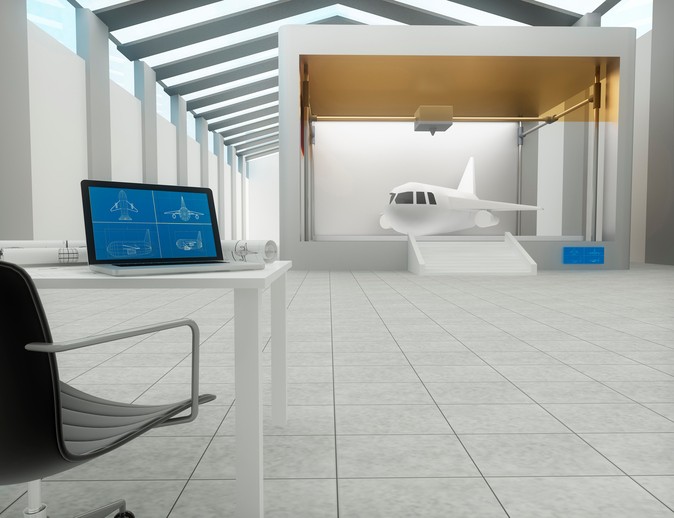Airplanes & Additive Manufacturing Taking Off

Investments in additive manufacturing have been happening for some time now, but a string of announced partnerships between airlines, aircraft manufacturers and 3D printing companies has the technology at the forefront of air travel and airplane technology like never before.
Boeing announced investments in Digital Alloys, Inc., a company based in Massachusetts that developed the patented Joule Printing technology to print hard metals in a manner that’s faster and less expensive than all other methods in the industry. The technology utilizes commodity wire to achieve its speed and cost-effective production rather than powders, which are expensive and take longer to print. The Digital Alloys announcement marks Boeing’s third different investment in additive manufacturing technology in 2018.
Meanwhile, Airbus has been working with Materialise to retrofit cabins of some of its older aircraft with custom-designed spacer panels. As recently as last month, Airbus announced a partnership with the Singapore Defence Science & Technology Agency to develop 3D-printed parts for its military. July also marked a separate partnership with GEFERTEC, a developer of 3D printers, to help scale their machines and technology for aircraft use.
Airlines themselves are getting more heavily involved in additive manufacturing. Just this week, news broke that Air New Zealand is partnering with Zenith Tecnica to develop prototypes for the interiors of some of their aircraft. This partnership adds to the airline’s work with other additive manufacturers to print parts for cockpit hardware and advanced engine components.
As more 3D printing methods and technologies come to market and gain more funding, techniques are becoming more refined, cost-effective and sustainable. It will be interesting to see the effect lightweight parts will have on airline travel, as they can increase speeds, reduce fuel consumption on flights and much more. How do you see additive manufacturing changing the aircraft/airline industry? Let us know in the comments below.